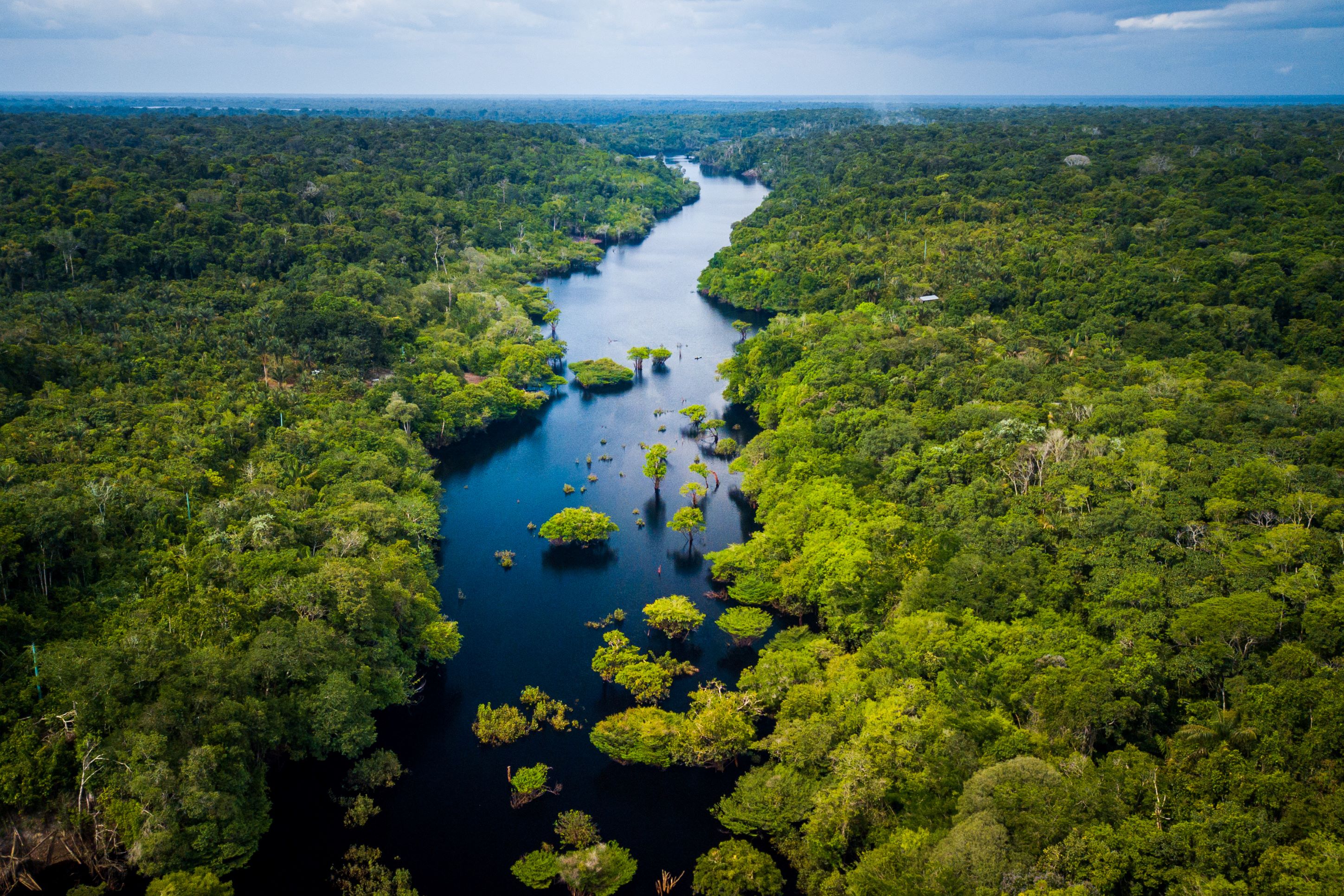
In May, the EU approved a new law aimed at reducing deforestation in global supply chains – named the Deforestation Regulation.
The law aims to ensure that products imported into the bloc do not contribute towards the destruction of rainforests.
In the months since the law’s introduction, a vigorous debate has broken out about the impact the rules could have on both the environment and international trade.
Here, the IOE&IT Daily Update summarises the debate, explaining the rules and setting out what critics and supporters say about the regulation.
Explainer
Under the legislation, companies will have to confirm that any product exported to or sold in the EU is ‘deforestation free’.
According to the European Commission (EC), firms dealing with goods like palm oil, coffee or coca will have to confirm they have been produced on land that is not subject to deforestation.
No specific products have been banned and no countries have been targeted. Over the next 18 months, countries will be assessed to determine if they are at low-, standard- or high-risk for deforestation.
Each individual EU member state will have to implement the provisions into domestic law.
The rules come into effect on 30 December 2024 for larger companies, with smaller organisations having until 30 June 2025 to comply with the rules.
Pros
The EU claims that this is major step forward in making international trade more sustainable and environmentally friendly.
The EU also believes that it can work with international partners to improve their supply chains, notably China and the US.
Ahead of a G20 climate and sustainability meeting in July, EC environmental commissioner Virginijus Sinkevičius said that: “climate change and biodiversity loss are closely interlinked and pose a major threat to our planet.”
He added: “We need to act without delay on a global scale to reverse these alarming trends.”
Environmental groups have welcomed the move with over 150 different organisations from across the world signing a letter in late June calling the law “ground-breaking”. They said that all EU member states needed to enforce the law properly in order for it to work.
The World Wide Fund for Nature (WWF) had previously released a report saying that the EU was one of the leading contributors of rainforest destruction, responsible for as much as 16% of deforestation linked to international trade. This ranked them second in the world, behind only China (24%).
The WWF now believes that with the deforestation law, the EU can become a force for good and turn the tide.
Human Rights Watch said that the law held “great promise” but that it needed to be implemented properly by each country.
Cons
Critics say that the law is harsh for smaller companies and damages trade.
Pamela Coke-Hamilton, executive director of the International Trade Centre, told the FT that the ban favours larger companies and could disrupt trade flows.
“What the biggest producers may do is, not being able to do the traceability for these small farmers, simply cut them off,” she said.
Companies would need to track what is going on at each stage of their supply chain, requiring technology that could be expensive for many small and medium companies.
Many Amazon nations also are uneasy about the laws. The Amazon Cooperation Treaty Organisation – formed of Brazil, Bolivia, Colombia, Ecuador, Guyana, Peru, Suriname and Venezuela – released the Belém Declaration earlier this month after a two-day summit on rainforest protection.
The declaration condemned the “proliferation of unilateral trade measures based on environmental requirements”, saying these hit small-holder farmers and limit efforts to eradicate poverty and hunger in the areas.
Other nations, such as Indonesia and Malaysia, are critical of the law. The palm oil-exporting nations have echoed the criticisms that it will predominantly hit smaller companies.
“[The EU] deforestation law, for a big company, it’s very easy to comply. The issue will be for the smallholders,” Indonesian economic minister Airlangga Hartarto told Euractiv.
“Consumers in Europe won’t bear the cost for the extra expense, it will be the farmers,” he said.



